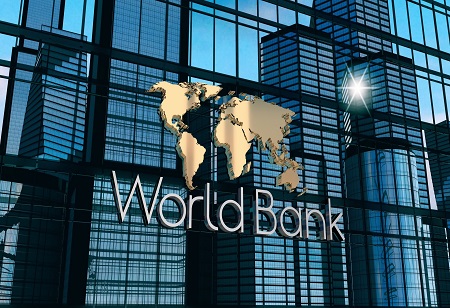
Jordan, World Bank Ink $650 Million Loan Agreements

 To support the nation's investments in climate-responsive projects, the electrical sector, and job creation, Jordan has signed two loan agreements with the World Bank totaling $650 million.
To support the nation's investments in climate-responsive projects, the electrical sector, and job creation, Jordan has signed two loan agreements with the World Bank totaling $650 million.
Zeina Toukan, the Jordanian minister of planning and international cooperation, and Jean-Christophe Carret, the country director for the Middle East Department at the World Bank, signed the agreements on Monday in Washington during the World Bank's spring meetings.
The Jordan Inclusive, Transparent and Climate Responsive Investments Programme for Results, a climate initiative with the goal of promoting job and business opportunities for women and enhancing government effectiveness through participatory, data- and evidence-based policymaking, is the subject of the first loan agreement, which provides $400 million in financing.
A second $250 million loan is intended to increase Jordan's electrical sector's productivity while preserving service reliability improvements and enhancing sector governance.
“We appreciate the continued partnership and support of the WB for Jordan’s reform and development priorities,” Toukan said.
“These two new programs will help the government’s efforts to implement the Economic Modernization Vision Executive Program 2023-2025, which is focused on advancing Jordan’s climate agenda, promoting green investment-led growth, and improving the efficiency and reliability of our electricity sector.”
The two programmes will advance the government's economic reform strategy as well as structural reforms to generate sustainable job creation, particularly for young people and women, according to Carret, who claims that Jordan has proven resilient in the face of significant regional and international challenges.
Jordan has enhanced its climate policy since 2021 by increasing its carbon reduction goals and putting more of an emphasis on green investments.
Additionally, it has increased the percentage of renewable energy in the supply mix from 6% in 2017 to 26% in 2021, which has increased the reliability of its electricity supply.

